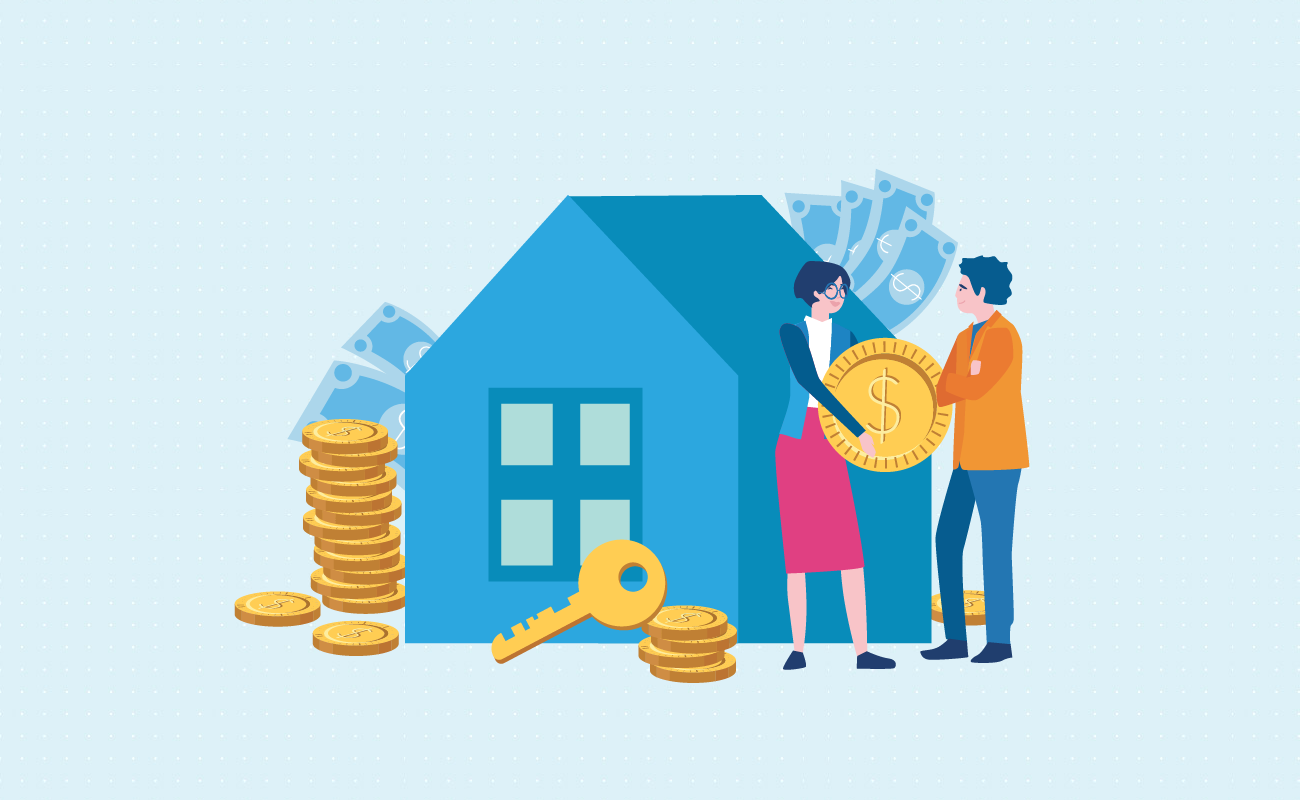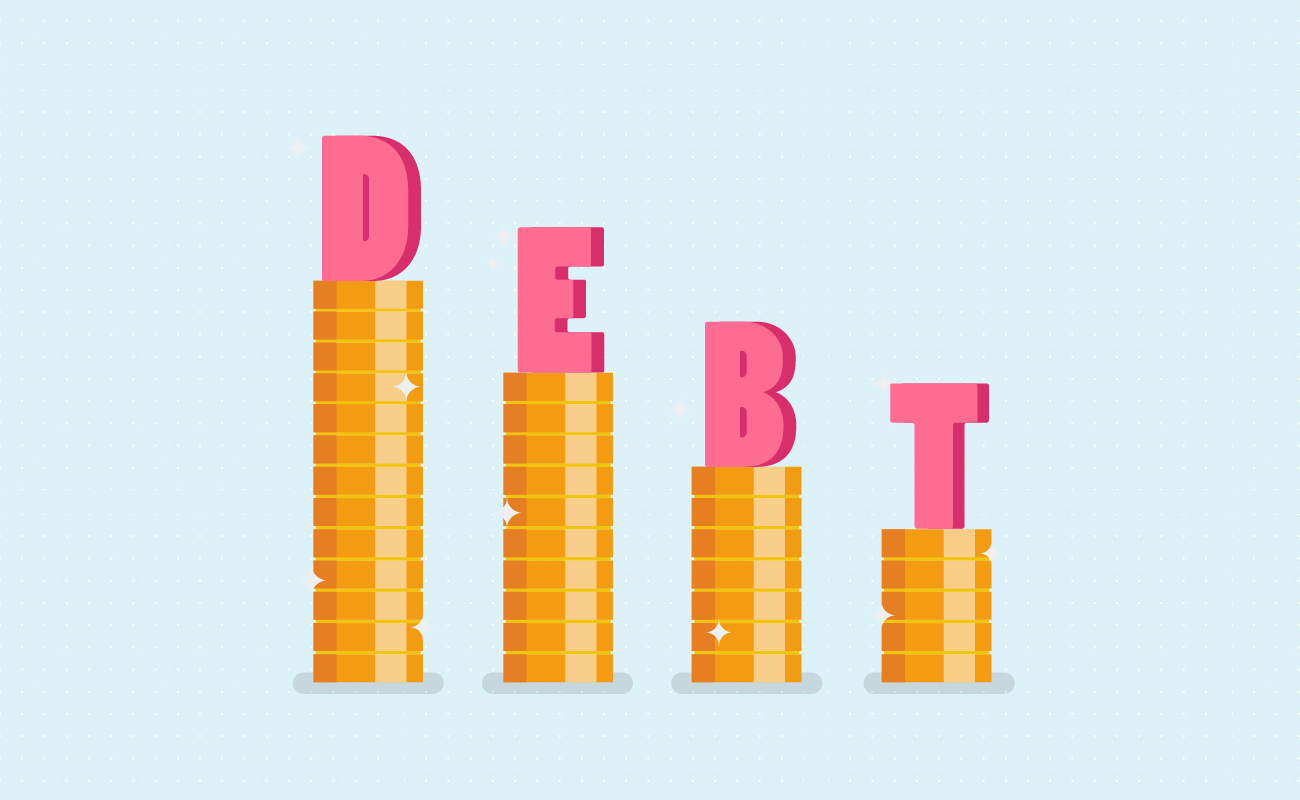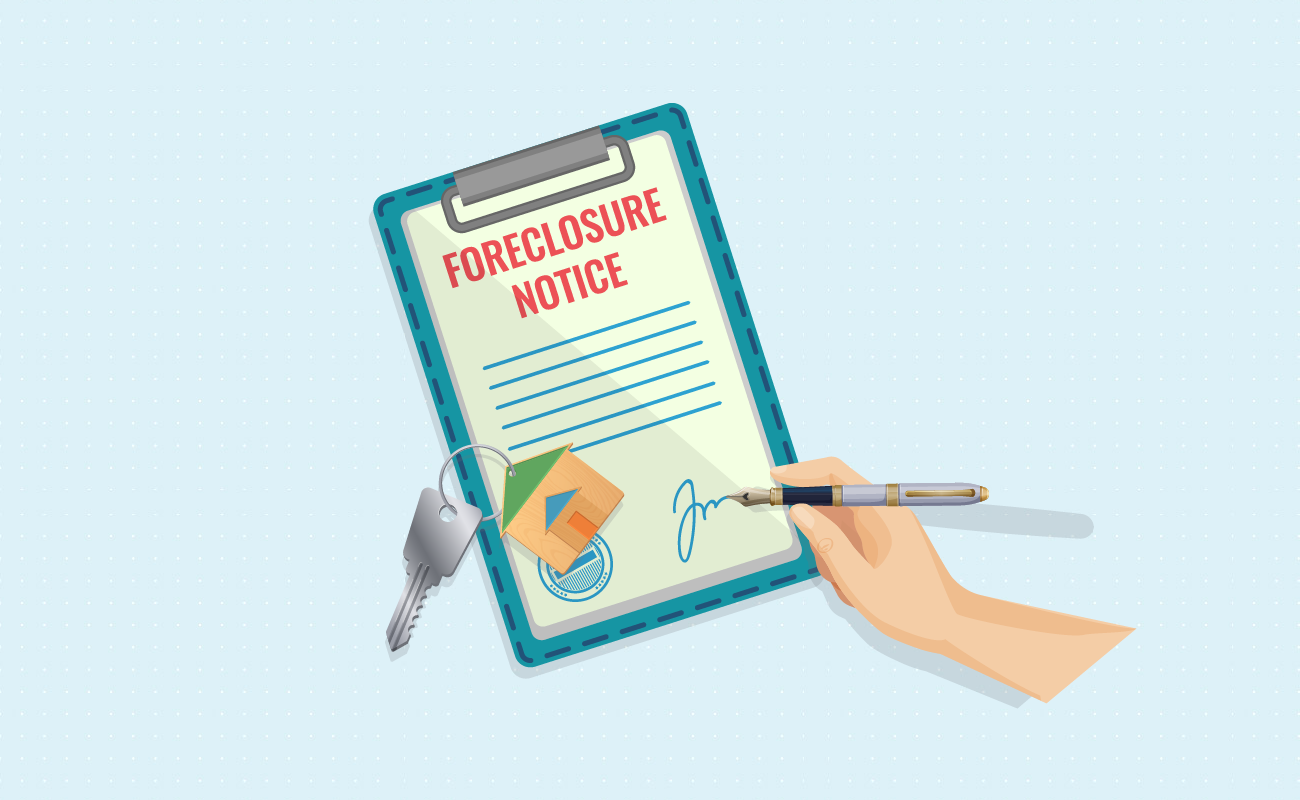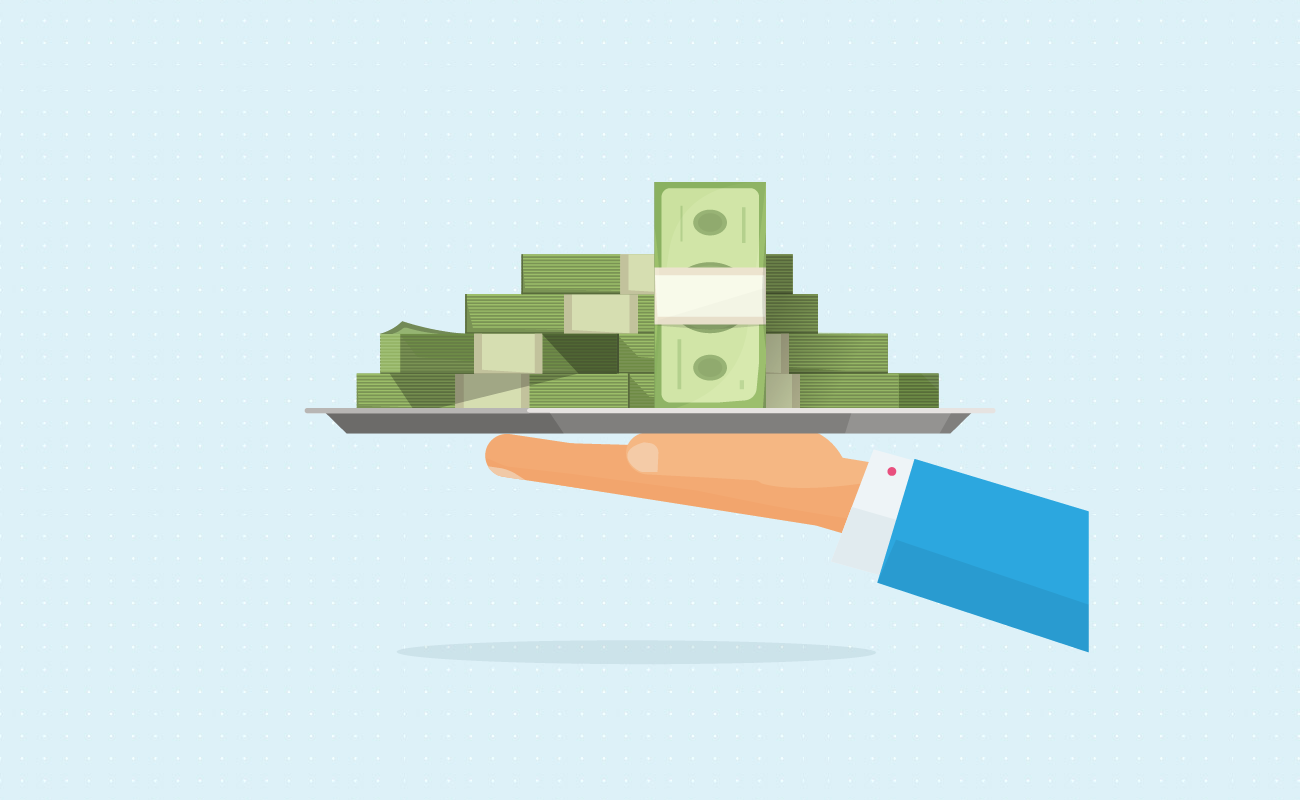Fixed Rates
30 yr
25 yr
20 yr
15 yr
10 yr
Compare Terms
Compare Rates
Real APR
Adjustable Rates
Qualification
Affordability
Renter Affordability
Rent vs Buy
Price per Square Foot
Jumbo
Home Sellers
 Home Equity Debt Consolidation Calculator
Home Equity Debt Consolidation CalculatorThis calculator helps homeowners who are in debt estimate how much they might save through converting other higher interest debts into a home equity loan or a home equity line of credit.
For each debt enter how much you owe, the annual APR and your monthly payment amount. We will calculate how many payments you have left and what the interest expense is tied to paying off each debt. From there you can enter the details on a new loan to see what your prospective interest savings will be.
Authored by Jose Abuyuan on July 10, 2020

Over two-thirds of Americans are homeowners. Of these, a sizable number of have equity greater than their mortgages. Equity-rich Americans can’t always access the wealth they have tied to real estate. The prospect of selling their own homes for money is neither easy nor appealing.
Home equity financing offers a good alternative. If you’ve managed to build up a lot of equity in your home, you can borrow against it. Home equity is one of the most readily available sources of borrowed funds in the United States. Banks and credit unions see equity-rich owners as less risky. It’s easy to shop around for them and get one approved.
And what better way to leverage this than clearing off your other debts? Only two years ago, a whopping 300 million Americans were in debt. This is a financial tinderbox on an individual and national level. Clearing your debts sets you on the path to a secure financial future.
National parks use controlled burnings to clear out dry vegetation. A smaller fire today prevents disastrous wildfires later. In the same way, debt consolidation uses low-interest debts to prevent toxic debt problems. You can use a low-interest home equity loan to pay off several outstanding debts. This leaves you with only the home equity loan and the mortgage to pay off.
Focusing all your extra payments on a target debt can help you go debt-free fast. But having too many high-interest debts can hinder this strategy. You may not have a lot of money to pay more than the minimum on most of your debts.
Consolidation makes it easy to manage debts. This can make it easy to gain some breathing room in your budget. Since your minimum payments are much lower, you have more liquid cash for other purposes. In addition, you can save thousands of dollars in interest payments. Debt consolidation makes aggressive repayment easier for large debts.
Unlike bankruptcy, consolidation does not damage your credit score as much. Indeed, it’s more likely to raise your credit in the long run. But note that it’s possible to see a slight decline in your credit score in the short-term. When this happens, it’s alright as long as you stop incurring more debt and make timely payments. Debt consolidation can help you during a tenuous situation where losing credit lines isn’t ideal.

Understand where your debt situation is when you start out. This will give you a clear idea how much you’ll need to pay back. Knowing your debts can help you choose the right course of action.

Home equity financing options use a part of your home’s equity as collateral. Thus, it is easier for lenders to approve them since they are backed by an asset. It’s a win for the lenders, too, especially if they issued the first mortgage. They are making more money from the same house.
Here are a few advantages of taking out a second mortgage on your home:
The last one makes them a tempting option for many consumers. They are an excellent alternative to credit cards because of their lower rates. Home equity lines of credit (HELOCs) are used much like credit cards as emergency credit lines. Home equity loans, meanwhile, can be used as an alternative to subprime car loans.
For all their appeal, they are not without their risks. Chief among these is the fact that your home is on the line. You risk losing your home to foreclosure if you default on your payments.
A second mortgage can give you cash without the risks involved with other consumer loans. You can then use this money for whatever you happen to need. Often, these loans fund large, major purchases like cars or home renovation. You can also use them for consolidating debts.

Debt consolidation does not free you from debt. Nor would it keep you from encountering debt problems later on. All you have done is save money on interest payments. To succeed, you’ll need to pay down your consolidated debt. Moving forward, you’ll need to address the habits that led to your debt issues.
Both types of home equity financing have their own advantages for debt consolidation. A HELOC lets you borrow only what you need. Its floating APR usually comes with smaller initial payments. Once you clear your balance, you can use it again. Home equity loans come in lump sums and have a fixed APR. Your payments are predictable throughout the lifespan of the loan.
This article focuses on home equity loans. Learn more about HELOCs on our guide on our HELOC qualification calculator.
How much you can save through debt consolidation depends on the size of your debt burdens. The worse your debt situation is, the more sensible it becomes to merge your debts. You could save thousands of dollars by consolidating your high-interest debts. The financial wiggle room is a bonus. In other cases, you might save more money by increasing your payments on a target debt.
Another thing you should consider is the interest rate of your home equity loan. If you can secure a low credit rate, you’ve already guaranteed savings. You should also look at the closing costs of home equity loans, which can be steep. To be worthwhile, the interest savings must exceed the closing costs.

The market for home equity loans is competitive. Shop around for a bargain when it comes to home equity loans. You might convince your lenders to waive much of your fees. Check out how much you can save if you had your fees waived.
For our first comparison, let’s assume the following:
This adds up to a total balance of $36,900. You would’ve also paid more than $20,980.48 in interest. Moreover, you would be paying $820 each month. Now let’s assume you receive a take-home pay of about $4,000. That’s nearly a fourth of your income lost to debt payments. You can see the debt examples arranged in the table below.
| Debt | Balance | APR | Monthly Payment | Remaining Payments | Remaining Interest |
|---|---|---|---|---|---|
| Auto Loan | $17,000.00 | 4.7% | $400.00 | 47 | $1,631.13 |
| Credit Card Bill | $8,700.00 | 15.5% | $120.00 | 215 | $17,069.84 |
| College Loans | $5,700.00 | 5.8% | $200.00 | 31 | $447.73 |
| Personal Loan | $5,500.00 | 9.8% | $100.00 | 74 | $1,831.78 |
| Total | $36,900.00 | $820.00 | $20,980.48 |
Assuming you’ve stuck to your minimum payments, it will take you almost 17 years and 11 months to pay off this debt.
Now, let’s suppose you’ve managed to secure a home equity loan to cover that balance. Your closing costs are around $750. You’ve also secured a good APR at 5.7 percent for ten years.
| Loan | Current | New Loan |
|---|---|---|
| Total Principal Balance | $36,900.00 | $37,650.00 |
| Effective Interest Rate | 8.18% | 5.70% |
| Monthly Payment | $820.00 | $412.34 |
| Total Financing Expense | $20,980.48 | $12,581.12 |
Your total interest savings over the course of 10 years would be $8,399.36. You’ve also gained an extra $407.66 per month. Here’s what you could do with that money:
Moreover, you would’ve shortened the time you’ll need to pay off your debts by about eight years. This brings you so much closer to living debt free.

Focus on building an emergency fund with your initial savings. Even $2,000 is enough to start with. Over time, this can help you reduce your dependence on borrowed funds.

Now, using the same example as above, let’s assume you’ve been making more payments on all your debts. Our cash flow calculator’s guide depicts budget dedicated to aggressive debt repayment. Even if you don’t have a lot of money to spare, a slight change to your payments can help you clear debts faster.
In our current example, you are only making minimum payments to your credit card bill. Now, let’s see what happens if you pay an extra $100 to your credit card bill:
| Debt | Balance | APR | Monthly Payment | Remaining Payments | Remaining Interest |
|---|---|---|---|---|---|
| Credit Card Bill | $8,700.00 | 15.5% | $220.00 | 56 | $3,556.40 |
| Personal Loan | $5,500.00 | 9.8% | $100.00 | 74 | $1,831.78 |
| College Loans | $5,700.00 | 5.8% | $200.00 | 31 | $447.73 |
| Auto Loan | $17,000.00 | 4.7% | $400.00 | 47 | $1,631.13 |
And here are the results from our accelerated debt repayment calculator. It shows you how you can reduce your remaining payments by adding $100 to your current debt, as well as how many payments you can remove by adding $100 to your consolidated monthly payment. This example uses the avalanche method. You direct all your extra payments to the debt with the largest APR. After you pay that off, you free more of your budget to pay off the next debt in line.
| Result | Principal Balance | Payment Amount | Interest | Remaining Payments |
|---|---|---|---|---|
| Current | $36,900.00 | $820.00 | $20,980.47 | 215 |
| Avalanche | $36,900.00 | $920.00 | $6,755.20 | 48 |
| Consolidation | $37,650.00 | $412.34 | $12,581.12 | 120 |
What a difference $100 a month makes. You’ve saved $14,225.27 on interest payments and can pay off all your debts up to four years. That’s six year less than if you took out the second mortgage. You also save $5,825.92 on interest compared with the home equity loan.
If your debts aren’t even that big, you might be better off being a bit more aggressive with your repayment plan. Sure, it may come with a bit of belt tightening. But today’s pain is tomorrow’s relief.
The debt avalanche method remains the most efficient way to reduce your debts on paper. But reality is rarely as simple. Your current living situation might have more of a say on your finances than you’d like. In some cases, your immediate needs might supersede your future savings. It might be a good idea to choose the smaller total savings if you need that extra $407 every month.
If you’ve struggled with debt before, the avalanche method might not be the best option to take. You might not be able to apply it consistently in your current financial state. A smaller monthly payment may fit easier within your daily budget. If you have the discipline, you can guarantee that you’ll never default on any of your remaining debts. It might be easier to add extra payments after consolidation than before.

As the example shows, debt consolidation isn’t always the best solution. It might cut your monthly payments, but it won’t always save you as much money as you could.
When you borrow against your home, you’re putting it on the line. This is fine and dandy if you’re paying your mortgage and other bills on schedule. However, If circumstances prevent you from paying, you risk defaulting. Curveballs like this could leave you in a state worse off than where you started. Do not apply for home equity consolidation if you’re shaky with making payments. You don’t want to lose your home.
Debt consolidation is only as good as its APR. It takes a good credit score to qualify for most forms of debt consolidation. And even with home equity loans, you can’t always guarantee that you can secure a good rate. If your loan’s rate is in the double digits, you might not be saving money.
In dire situations, consolidation might not even be the best solution at all. At times, it might be better to declare bankruptcy.

When borrowing against your home, beware of negative equity. In the event of a downturn, you might end up owing more money than your house is worth. That isn’t a good place to be if you need to liquidate fast.

Once you’ve paid off your other debts through your home equity loan, congratulations. You’ve already saved money once you’ve cleared off your high-interest debts. But you’re not out of the woods yet. You still have debt and your mortgage left to pay. You need to pay them on the dot to ward off foreclosure.
Without the burden of paying simultaneous debts, now is your chance to refine your strategy. Make your second mortgage the target of an avalanche strategy. As soon as you are able, direct extra funds to pay more than the minimum on your home equity loan.
Let’s return to our example. Since taking that loan, you’ve decided to split the difference. You put around half of it to your emergency and sinking funds. Within a year or two, you should build up enough funds to rely less on your credit lines. Meanwhile, you dedicate the remaining $200 to your second mortgage payments:
| Result | Principal Balance | Payment Amount | Interest | Remaining Payments |
|---|---|---|---|---|
| Avalanche | $36,900.00 | $920.00 | $6,755.20 | 48 |
| Consolidation | $37,650.00 | $412.34 | $12,581.12 | 120 |
| Consolidation (+$200) | $37,650.00 | $612.34 | $6,981.32 | 73 |
By paying extra at the very beginning, you can save $5,599.80 on interest from your home equity loan. It also takes you less time to finish your payments. You might save even more if you paid your second mortgage with an accelerated biweekly payment schedule.
Now, comparing it to the avalanche method, it’s still inefficient. You are still saving around $200 less from what you would’ve. It also takes about two years longer to clear. But it comes pretty close. You could use the extra $207 as funds for other important things.
Consolidation is only the first step toward going debt free. Wise money choices can help you prevent serious debt issues from happening again. Make the necessary adjustments to your budget. If you’ve some money left over from the loan, use it wisely. Use it as extra payments marked for the principal. As with our example above, starting early with your extra payments can save you a fortune on interest.
You may also need to cultivate better financial habits to get you out of your debt trap forever. Use this fresh start as an opportunity to develop self-discipline. Rein in old impulses and take steps to prevent them from going out of hand. If you must forego your credit cards for now, so be it.
Make financial security your long-term goal. Refine your personal budget and stick to it. Use any extra savings to build up emergency funds while times are good. These will help you become less dependent on borrowed funds.
Need a few more tips to set yourself toward a debt-free life? Check out our guide on our debt payoff calculator.
Jose Abuyuan is a web content writer, fictionist, and digital artist hailing from Las Piñas City. He is a graduate of Communication and Media Studies at San Beda College Alabang, who took his internship in the weekly news magazine the Philippines Graphic. He has authored works professionally for over a decade.